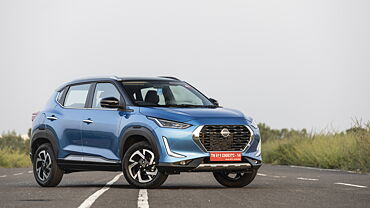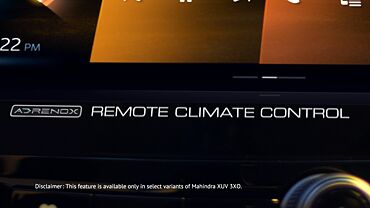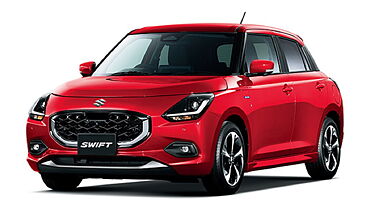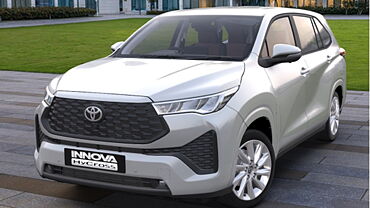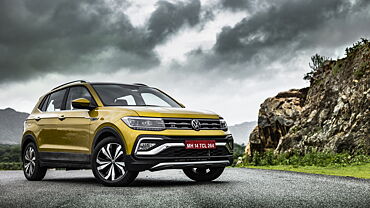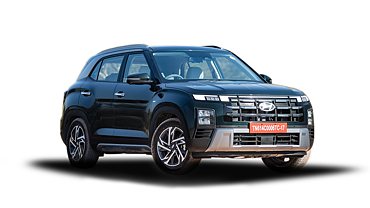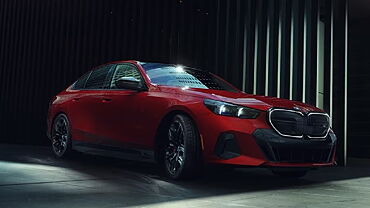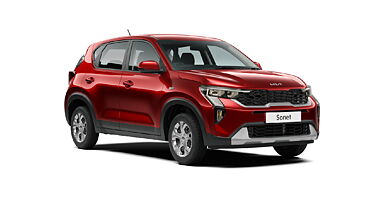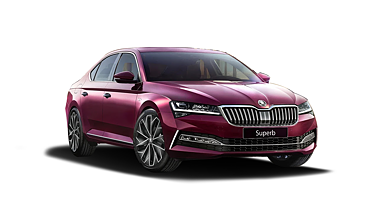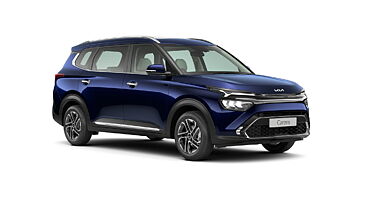More power, less fuel; better features, less fatigue – most importantly, lower costs with minimal impact on the environment. When it comes to future car technology, we really want the moon and then some. Well, we went and sought out the best parrot and got him to tell us just what lay in store for us many decades from now.
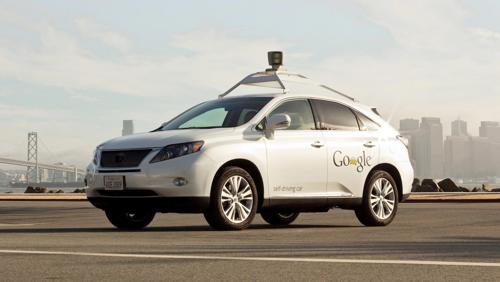
Harnessing the power of the Sun: When the sun is shining (no we aren’t going to start grooving to Bob Marley here), there is enough in its rays to power our air-conditioning, stream our favourite tunes over the stereo, charge the batteries and more. Having had them in our calculators it is anybody’s guess on solar panels going mainstream in future cars.
Heads-up Displays: HUD’s as they are called are a highly underrated area of development, unless you are piloting a fighter jet that is. Current systems that mirror the instrumentation display haven’t even scratched the surface of possibilities. Imagine receiving real time road and traffic information without having to lift your eyes off the road, with all sorts of relevant integration built-in. Groovy eh?
Recuperating wasted heat: Sure, brake regeneration is fast becoming mainstream, but that’s again only a part of the potential. Imagine a future car technology that helps harvest that wasted heat and reassigning it to power our vehicles, offer a performance boost or serving to offer increased fuel efficiency. Yeah, you’re getting it, aren’t you?
Suspension systems that can read our mind: No, we aren’t’ talking mind-reading Artificial Intelligence (AI) notes here. Instead, we’re talking of going a step further than pre-existing active adaptive suspension systems and turning them on their head. Enhancing their capabilities through high tech sensor based systems that essentially send out signals on the existing road conditions.
Self-Driving Cars: Google has already proved to us on just how effective driverless cars are. So much so that future cars will feature some form of self-driving mode or other; flaws and quirks notwithstanding.
Most scenarios mentioned above aren’t just cotton balls pulled out of the ear. In-fact, each one of them gravitates towards future cars being safer, much, much safer out there.



